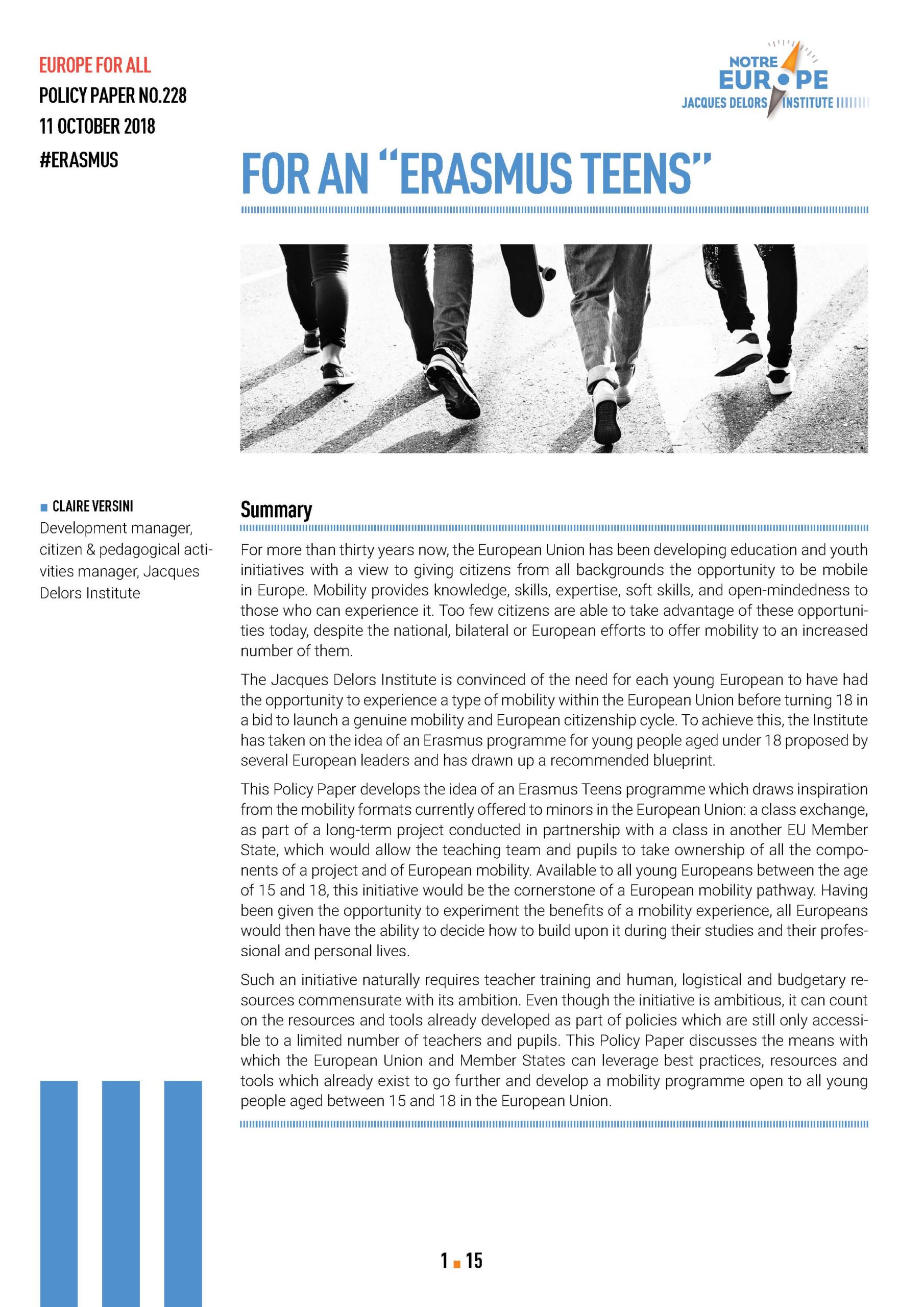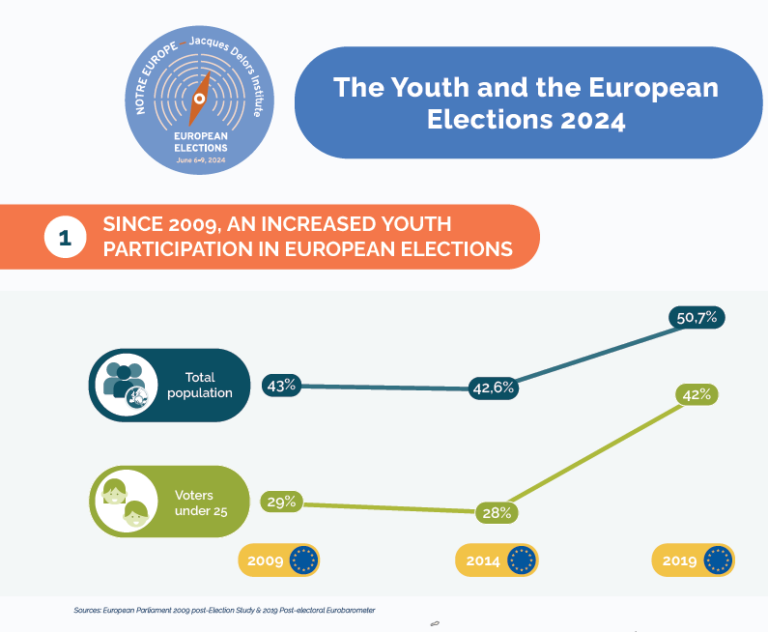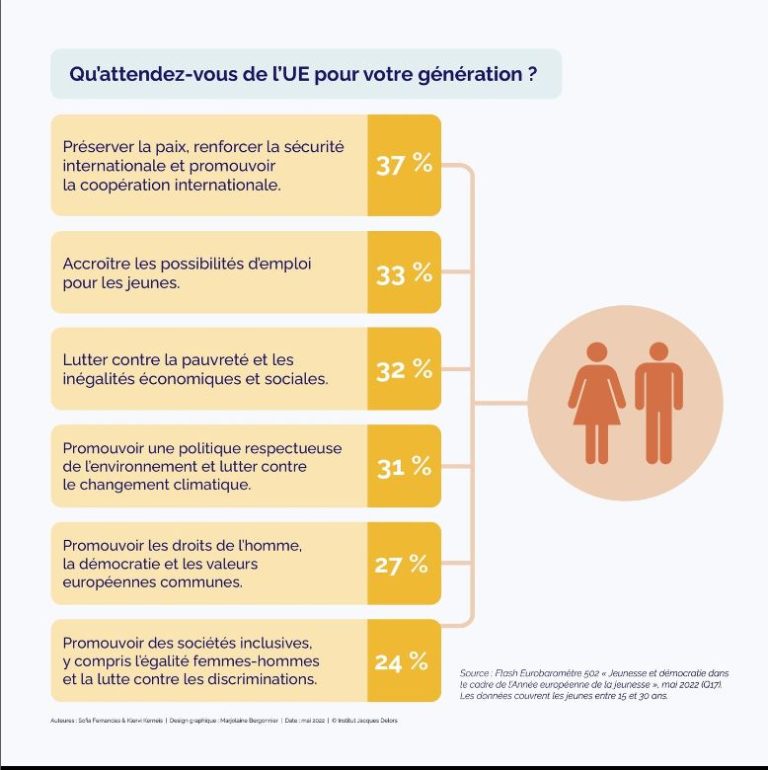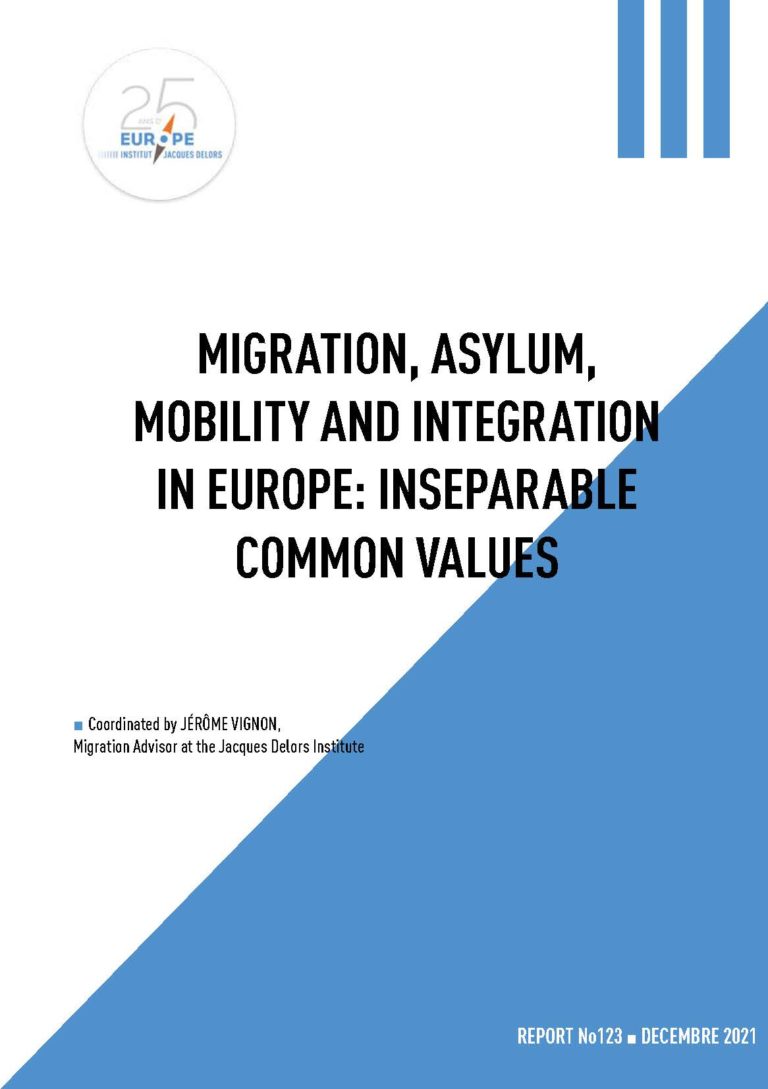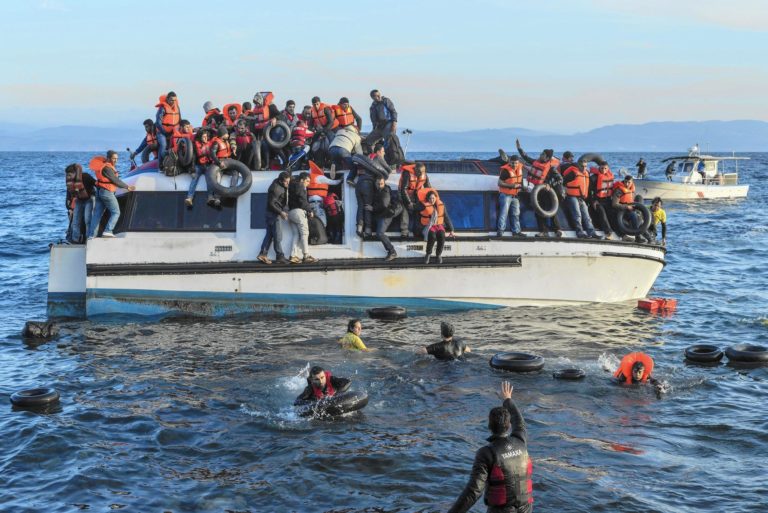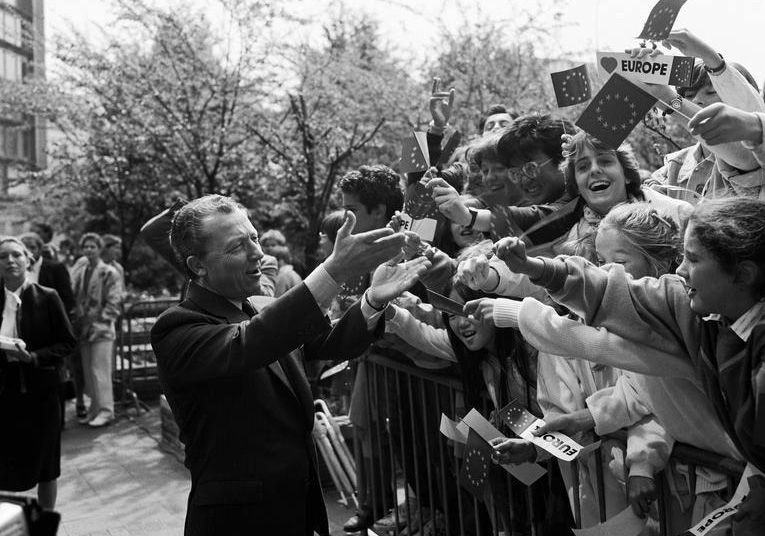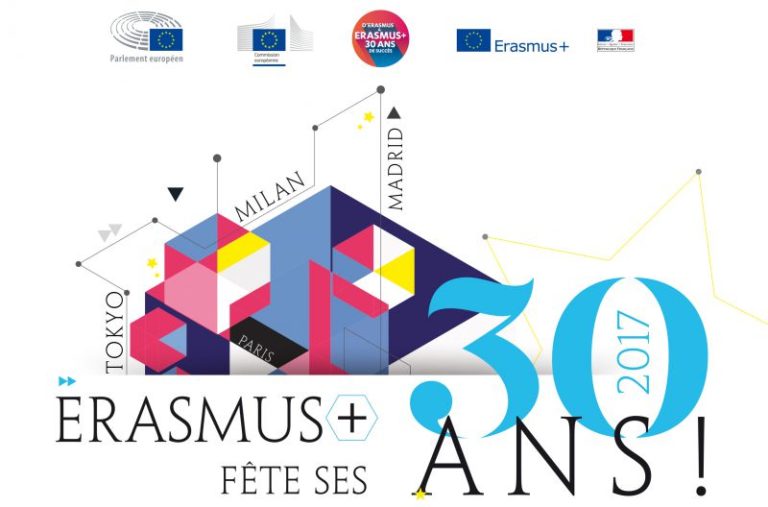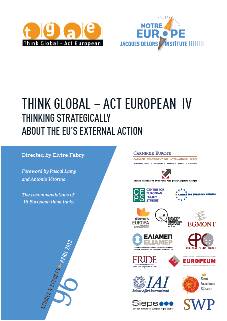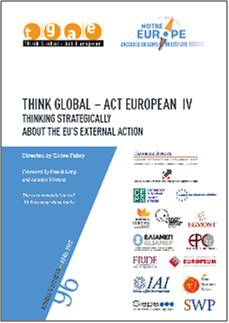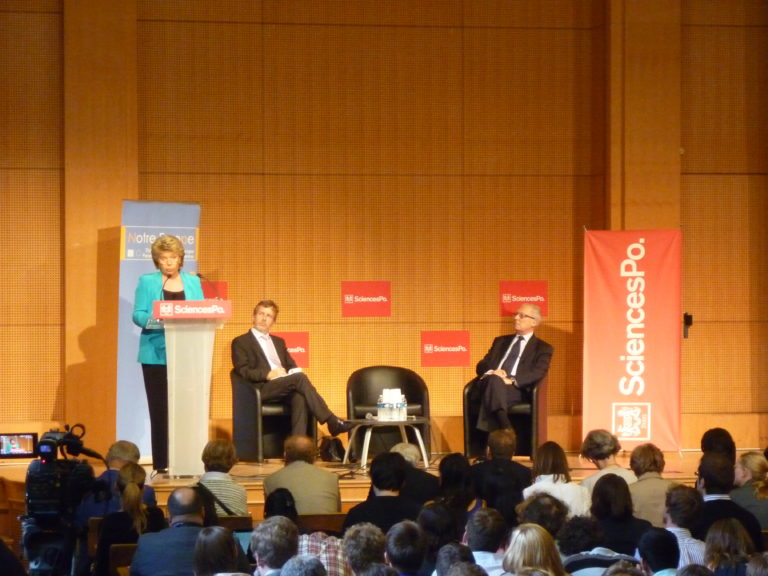Policy paper 228
For an “Erasmus teens”
On September 26, 2017, President Macron called for the establishment of an high school Erasmus, an idea already supported by Enrico Letta, President of the Jacques Delors Institute and former Italian Prime Minister. A real tool for the formation of a European public space, Erasmus + is often considered as elitist, affecting too few young people and not enough outside the specific fields of the university. On the eve of Jean-Claude Juncker’s speech on the state of the Union and in this period of school year, the Jacques Delors Institute presents its proposal “Erasmus teens”, the high school Erasmus.
For more than thirty years now, the European Union has been developing education and youth initiatives with a view to giving citizens from all backgrounds the opportunity to be mobile in Europe. Mobility provides knowledge, skills, expertise, soft skills, and open-mindedness to those who can experience it. Too few citizens are able to take advantage of these opportunities today, despite the national, bilateral or European efforts to offer mobility to an increased number of them.
The Jacques Delors Institute is convinced of the need for each young European to have had the opportunity to experience a type of mobility within the European Union before turning 18 in a bid to launch a genuine mobility and European citizenship cycle. To achieve this, the Institute has taken on the idea of an Erasmus programme for young people aged under 18 proposed by several European leaders and has drawn up a recommended blueprint.
This Policy Paper, written by Claire Versini, development manager and citizen & pedagogical activities manager at the Jacques Delors Institute, develops the idea of an Erasmus Teens programme which draws inspiration from the mobility formats currently offered to minors in the European Union: a class exchange, as part of a long-term project conducted in partnership with a class in another EU Member State, which would allow the teaching team and pupils to take ownership of all the components of a project and of European mobility. Available to all young Europeans between the age of 15 and 18, this initiative would be the cornerstone of a European mobility pathway. Having been given the opportunity to experiment the benefits of a mobility experience, all Europeans would then have the ability to decide how to build upon it during their studies and their professional and personal lives.
Such an initiative naturally requires teacher training and human, logistical and budgetary resources commensurate with its ambition. Even though the initiative is ambitious, it can count on the resources and tools already developed as part of policies which are still only accessible to a limited number of teachers and pupils. This Policy Paper discusses the means with which the European Union and Member States can leverage best practices, resources and tools which already exist to go further and develop a mobility programme open to all young people aged between 15 and 18 in the European Union.
SUR LE MÊME THÈME
ON THE SAME THEME
PUBLICATIONS
The Youth and the European Elections 2024

Young people’s attitudes towards the EU

Happy birthday and best wishes, Erasmus!

Migration, asylum, mobility and integration in Europe: inseparable common values

CHALLENGES FOR EUROPEAN RAIL

Mobilité des apprentis dans l’UE : réalité et perspectives

Clean Mobility: The European Way – A Comprehensive Approach to Electric Vehicles in the Energy Transition

For a European policy on asylum, migration and mobility

Erasmus: Renewing the Original Ambitions

European Mobility Programmes: Championing European Identity?

Posted Workers: How to Ensure a Fair Mobility?

Extending Erasmus: a new impetus for youth mobility in Europe

Erasmus Pro: for a million “young European apprentices” by 2020

Posted workers in the EU: state of play and regulatory evolution

Youth unemployment, socio-economic divergences and fiscal capacity in the euro area

Think Global – Act European IV. Thinking Strategically about the EU’s External Action

Think Global – Act European IV – Thinking Strategically about the EU’s External Action

Conference-Debate with Viviane Reding

MÉDIAS
MEDIAS
Euroagenda: avvenimenti dal 14 al 20 ottobre

Les zones à faibles émissions, une stratégie pas si écologique

Le b.a.-ba des zones à faibles émissions avec Reporterre










